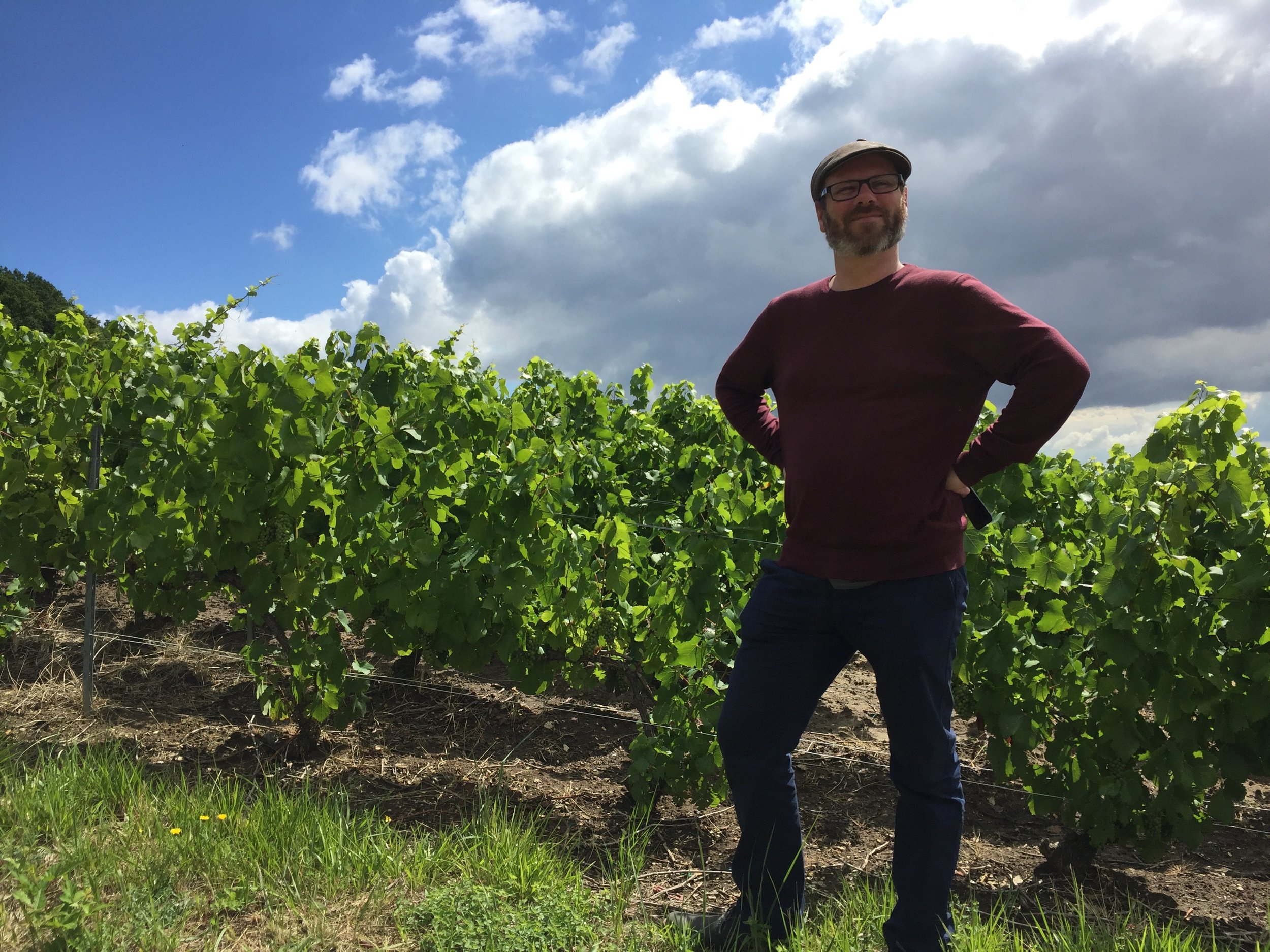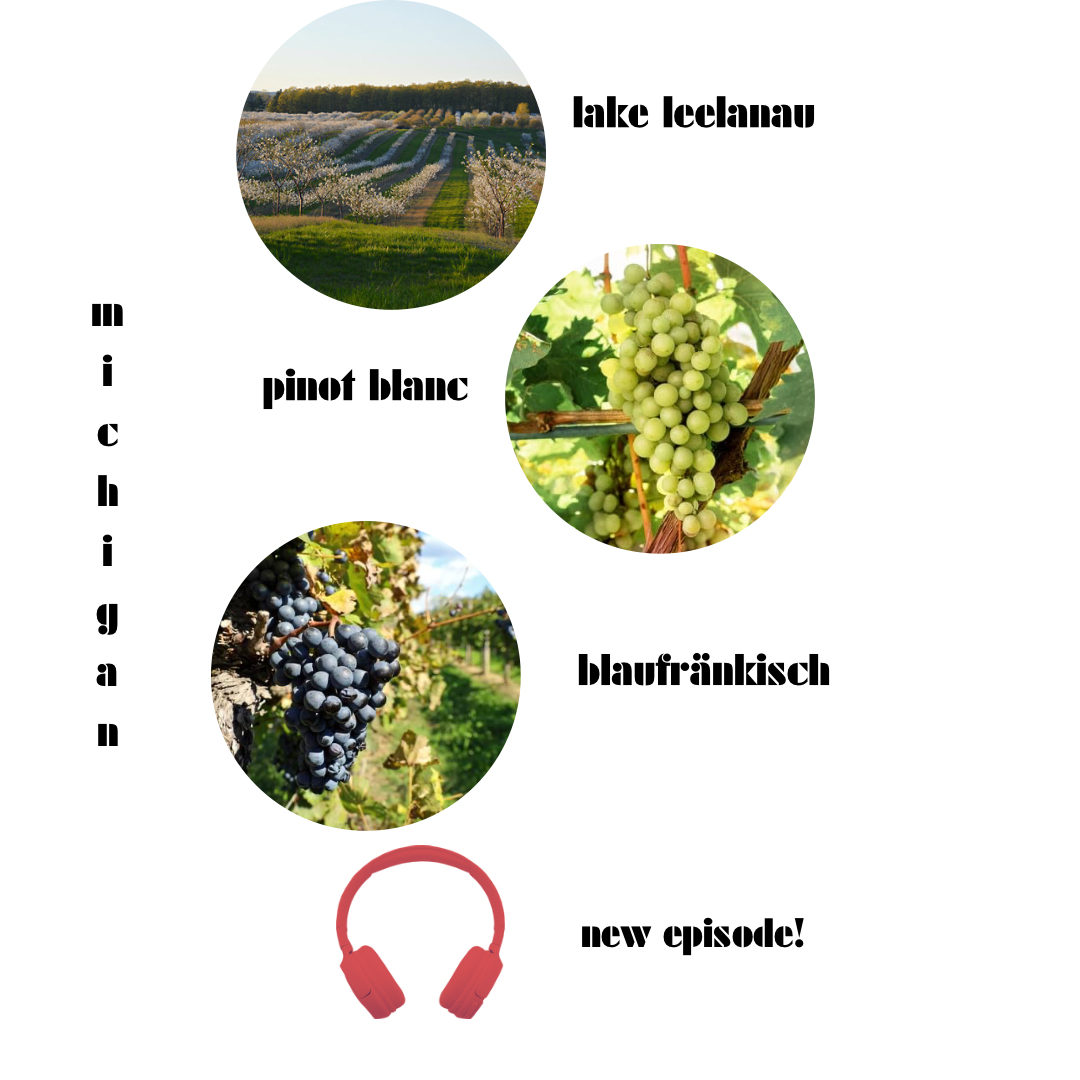Ever wondered how a glass alters your appreciation of a wine? Lukas Therre works at Josephinenhütte, a series of very distinctive glassware designed by Kurt Zalto. This is a fascinating interview, which covers how wine glasses are made (an intensive process), the sensory effect of a wine glass, what glass we should use for sparkling wine, and even water glasses. Pick up a glass and listen!
About Matthew's World of Wine and Drink.
This blog began as a record of taking the WSET Diploma, during which I studied and explored wines and spirits made all around the world. Having passed the Diploma and become a WSET Certified Educator, the blog has become much more: a continual outlet for my passion for the culture of wine, spirits, and beer.
I aim to educate in an informal, enlightening, and engaging manner. As well as maintaining this blog to track my latest enthusiasms, I provide educational tastings for restaurants and for private groups. Details can be found on the website, and collaborations are welcome.
Wine is my primary interest and area of expertise and this blog aims to immerse the reader in the history of wine, to understand why wine tastes like it does, and to explore all the latest news. At the same time, beer and spirits will never be ignored.
For the drinker, whether casual or professional, today is a good time to be alive.




















